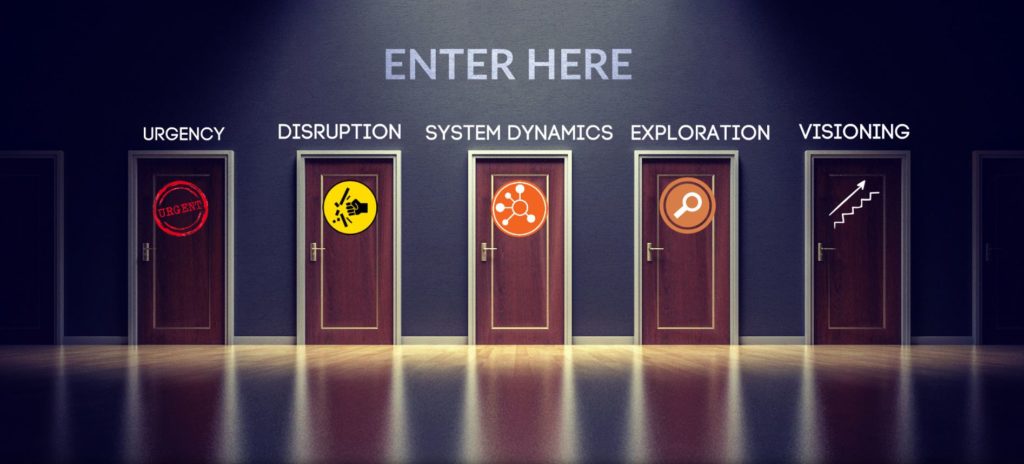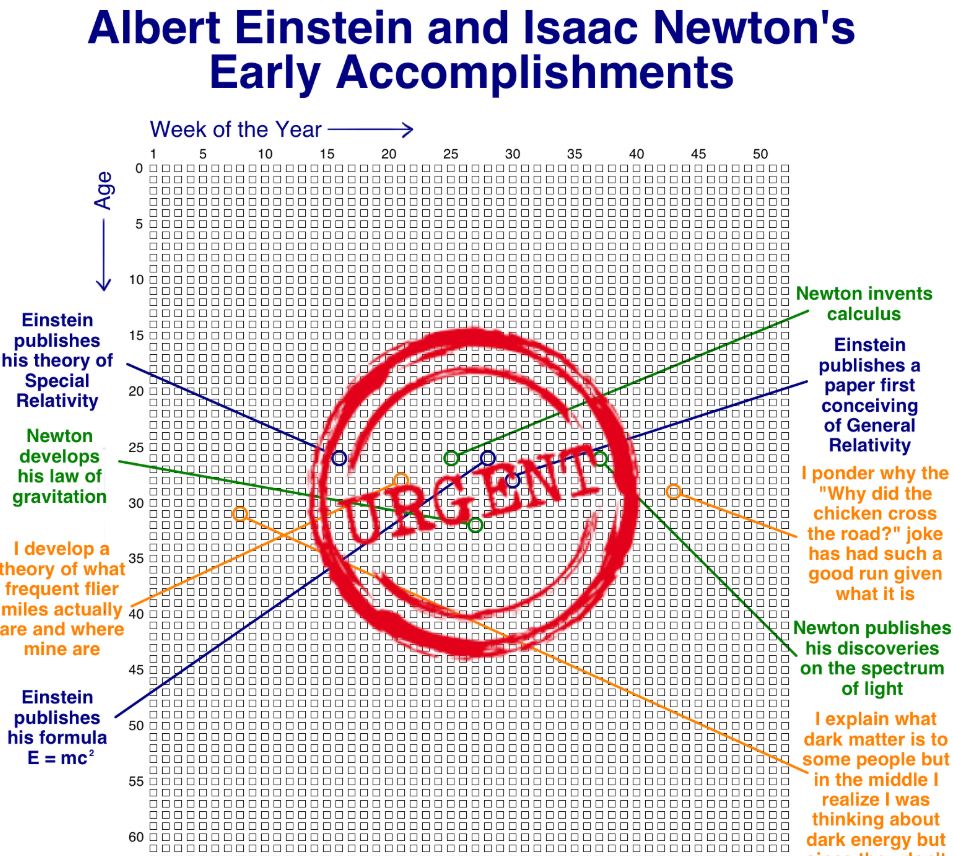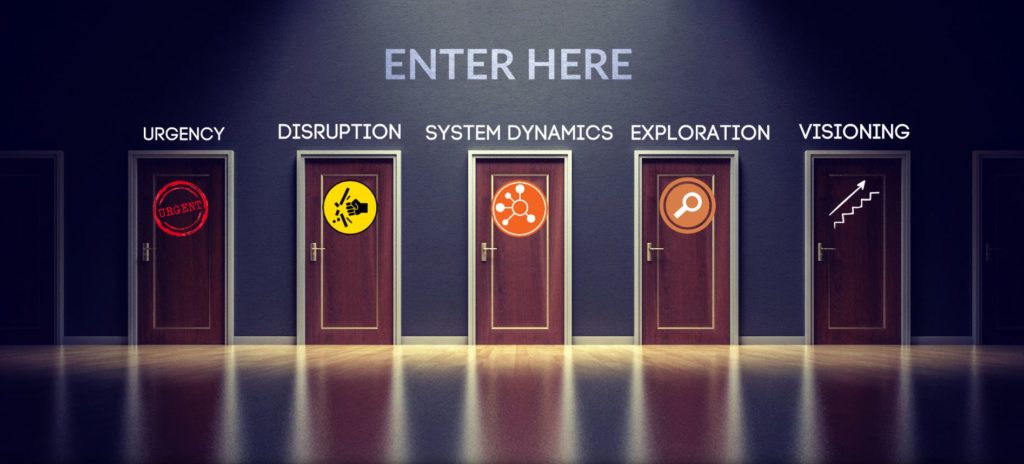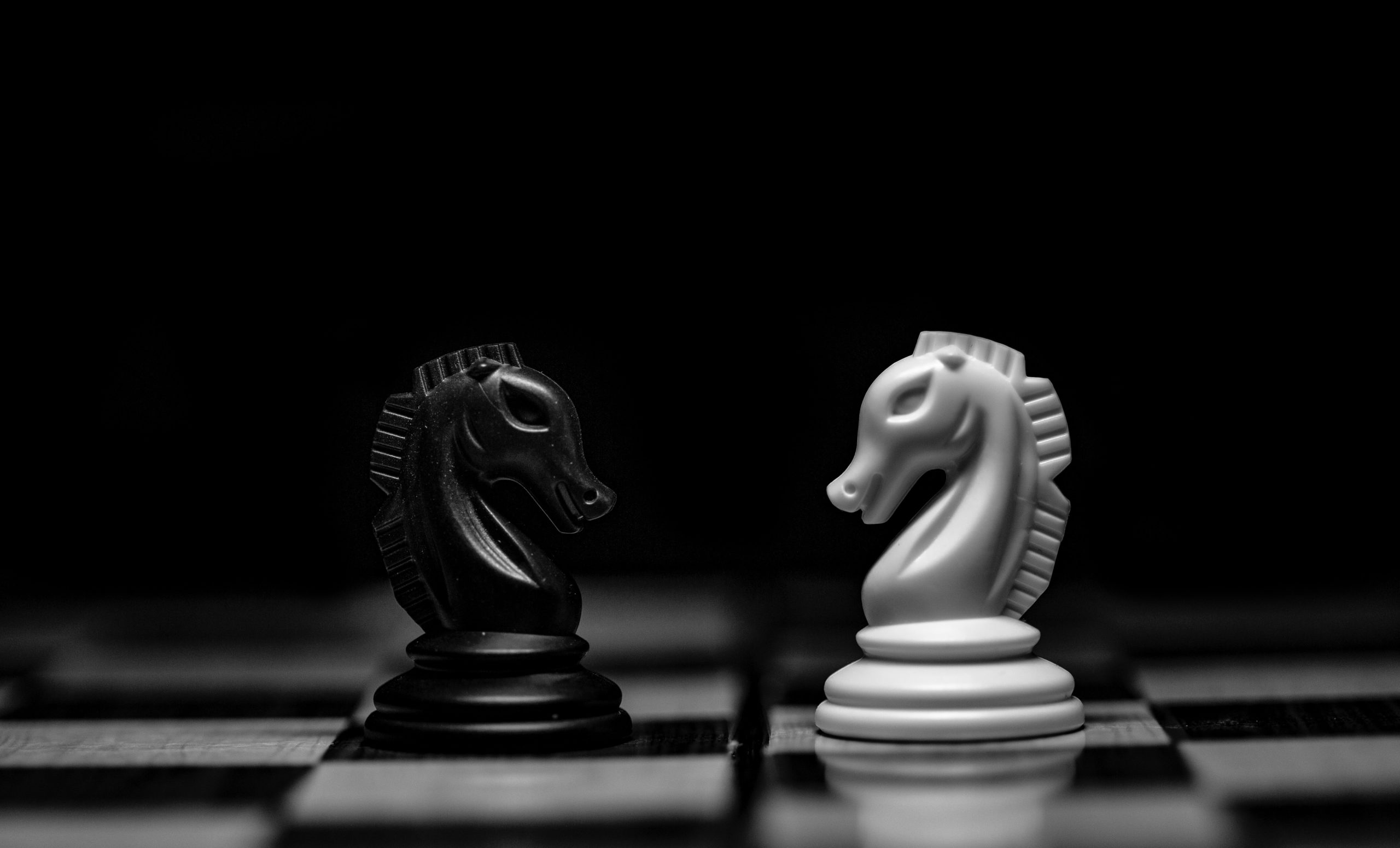This article will discuss how we can start taking small steps to transform ourselves into the leaders who are the change agents in any organization. We have the potential to be the leaders that help our organization to change itself by focusing on overall improvement and innovation.
What are the doors we need to open in order to become the change agents in the leadership role?

Before you start your journey…WHY do we need to open these doors?
To understand the everyday benefit of leadership
from managing our relationships to managing a business.To live a full life and experience the most out of our time
if we can manage our stresses, fears and how the environment influences us, we will be able to lead othersTo change our (business) life for better
we need to be fully inspired and have a clear and compelling vision
1. URGENCY
In order to start the change, we need to feel the urgency to do so. In this section, we are going to create the feeling in ourselves by reflection on our current business (life) status.
Move from the safe and stable towards curiosity about the nuances of liquid quo
We all want the comfort and safety in our lives. Our family and our social system also makes us to believe this. However, the change and evolution are safer options than staying in our comfort zone because the modern leader realizes that evolution is the way to prosper. The world itself is very competitive place. Change is URGENT if we want to survive because as humanity, we are bound to be adaptable and evolve in extreme environments.
Have a look at your life calendar

2. DISRUPTION
Once we start with the change itself, we need to understand and accept what might be the consequences of change itself and reactions from the environment.
Jill explains how she managed to save her dignity and fight for the weakest whilst being in army.
1. To protect the powerless, be willing to disobey the order and ignore the command
2. Give someone the power to push you to do right things and remind you of your power
3. When you use power for good to protect powerless, there might be consequences, accept them
Get bored of “what is” to see the fruit of “disruptive dissatisfaction”
Everything starts with dissatisfaction with status quo, in any context. Let’s say there is something that bothers us and in our mind we automatically conceive the better world. As soon as we can do it, the seed is planted for us to lead the change for others. When we allow ourselves to imagine better future and communicate it effectively we can break through the is collective homeostasis and shift the center of gravity of the system. Even though the system doesn’t usually want to shift we need to persevere long enough in there and never be a victim. Disruptive nature of change of any system is inevitable.
3. Systems dynamics
After we are aware of the consequences of our actions that resulted in change, we are facing the complexities of the environment we are trying to change. Developing our systems thinking will help us to not get lost in our battle field.
From inability to organize details to being jack of all trades
Leadership means making the changes in every aspect of our reality (e.g. business environment) and be a jack of all trades navigating others with the vision to shape the future for better. When engaging in the everyday actions, in order to have impact , it is crucial to understand how systems work. To understand the system we are in, we need to be able to step out of our self agenda and look pass ourselves in order to see the agenda of others. Once we see what others may strive for, multiple solutions will star to pop up. This, however, requires to have a realistic plan which enables us to get things done and understand that the creative contribution from our talents is the fastest way how to be innovative.
4. Exploration
During our journey towards making the change a norm, we become tourists (leaders) in our own business (town) and learn from its employees (citizens).
Leadership is not about controlling or fighting for power, that is not modern leadership. From the past full of emperors and directive tendencies put upon the human civilization, we could have seen the pattern that by and large, people do not want to be lead by force and that this type of leadership is not sustainable. However, the future modern leads, instead, transfer the powerful vision and create the consensus on others while also enabling others to build their visions for themselves.
Moving from decisive power towards humble exploration
Simon Sinek, British-American author, motivational speaker and organizational consultant, says people are inspired by a sense of purpose (or “Why”), and that this should come first when communicating, before “How” and “What”. Sinek calls this triad the golden circle, a diagram of a bullseye (or concentric circles or onion diagram) with “Why” in the innermost circle (representing people’s motives or purposes), surrounded by a ring labeled “How” (representing people’s processes or methods), enclosed in a ring labeled “What” (representing results or outcomes). The book starts with a comparison of the two main ways to influence human behaviour: manipulation and inspiration. Sinek argues that inspiration is the more powerful and sustainable of the two.

5. Visioning
By learning from others, we are able to create our own vision with the only goal: to help ourselves and the others by empowering their capabilities to believe in different future.
It may come across as surprising but majority of people are stuck in their current circumstances and they are too occupied by dealing with their immediate needs and they generally struggle to find solid time to vision the greater future for themselves and others. Generally, people are bad visionaries. However, we can be different because with compelling vision which is powered by emotion, integrity, passion, people get fired up and they want to create it with us.
Which door, do you think, it is the hardest to open?
Let us know in the comments.





Somebody necessarily lend a hand to make seriously articles I’d state.
That is the first time I frequented your website page and thus far?
I surprised with the research you made to create this particular submit amazing.
Great job!
Thanks you!
Thank you for another informative blog. Where else may I
get that type of info written in such an ideal means? I have a mission that I’m just now running on, and I have been at the look
out for such info.